unlocking the process for your purpose
Helping You Live Out Your Purpose By Uncovering The Process To Get There

chastin j. miles
Real Estate Coach | Best Selling Author | Impact Speaker
This is my story – a tale of tenacity, triumph, and transformation...
I was a young man with a dream to conquer the real estate world...
Embark on a journey defined by purpose, momentum, and legacy - the story of Chastin J. Miles, an entrepreneur who not only transformed his trajectory in the real estate realm since 2014 but also ignited a path for others to follow.
Driven by process and purpose, Chastin evolved from a fledgling agent to a renowned thought leader, illustrating the power of the "Legacy Ladder" and the "Momentum Matrix". Harnessing the platform of YouTube, he has shared invaluable insights, amassing a community of millions ready to craft their legacies with clarity and intent.
Chastin J. Miles embodies the belief that through a clear process and unwavering purpose, anyone can build an enduring legacy. Join him on this transformative journey.
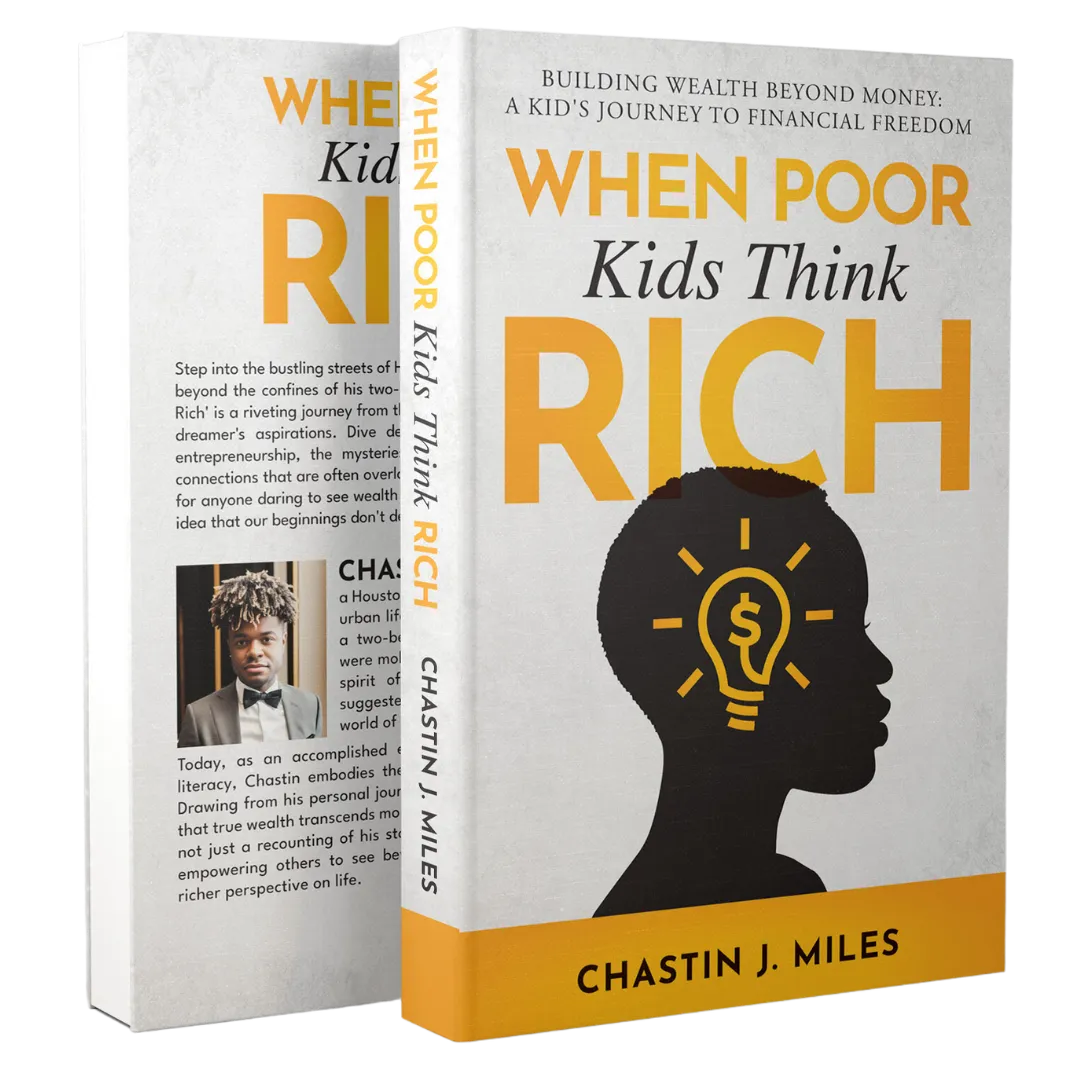
Coming Winter 2023
WHEN POOR KIDS
THINK RICH
Building Wealth Beyond Money: A Kid's Journey To Financial Freedom
"When Poor Kids Think Rich" offers an inspiring narrative, drawing from authentic experiences of an African American male who rose beyond traditional metrics of success.
This book delves deep into resilience, innovation, entrepreneurship, financial literacy, and the invaluable power of social capital.
Prepare to see wealth in a whole new light.

COACHING & TRAINING
"There is no other coach or mentor that compares to Chastin J. Miles and his students have the proof to back it up."
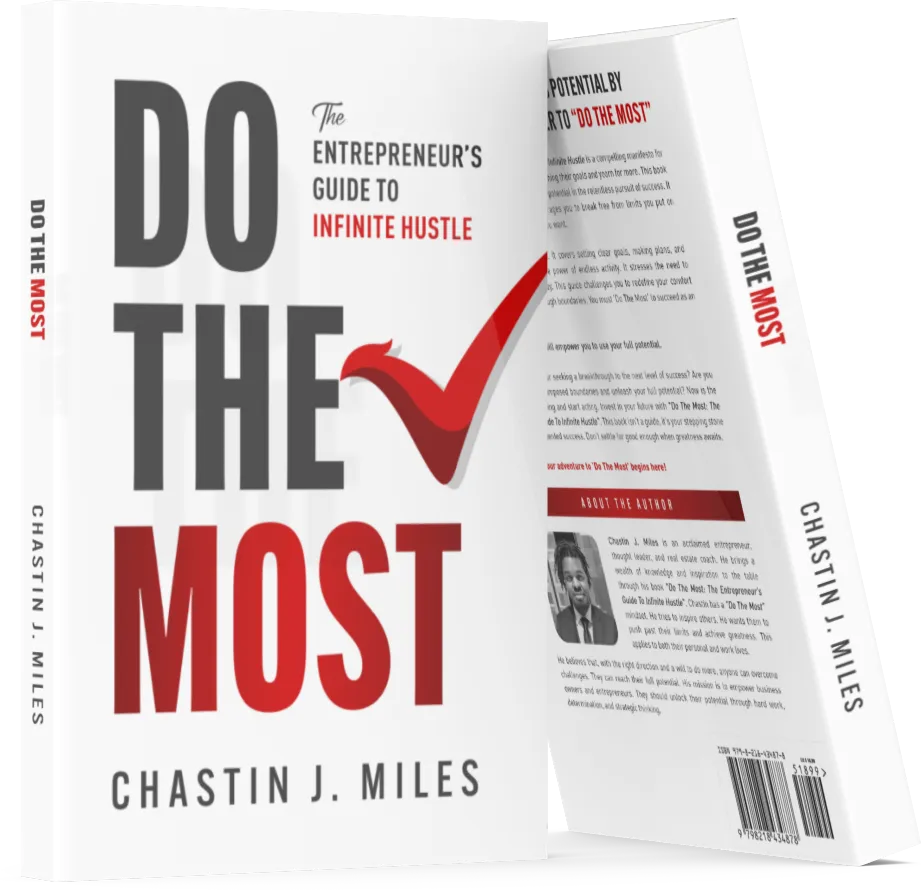
THE NEW BOOK BY CHASTIN J. MILES
DO THE MOST: THE ENTREPRENEURS GUIDE TO INFINITE HUSTLE
MORE RESOURCES

HOW TO BOOK 5 APPOINTMENTS THROUGH SOCIAL MEDIA
FREE TRAINING
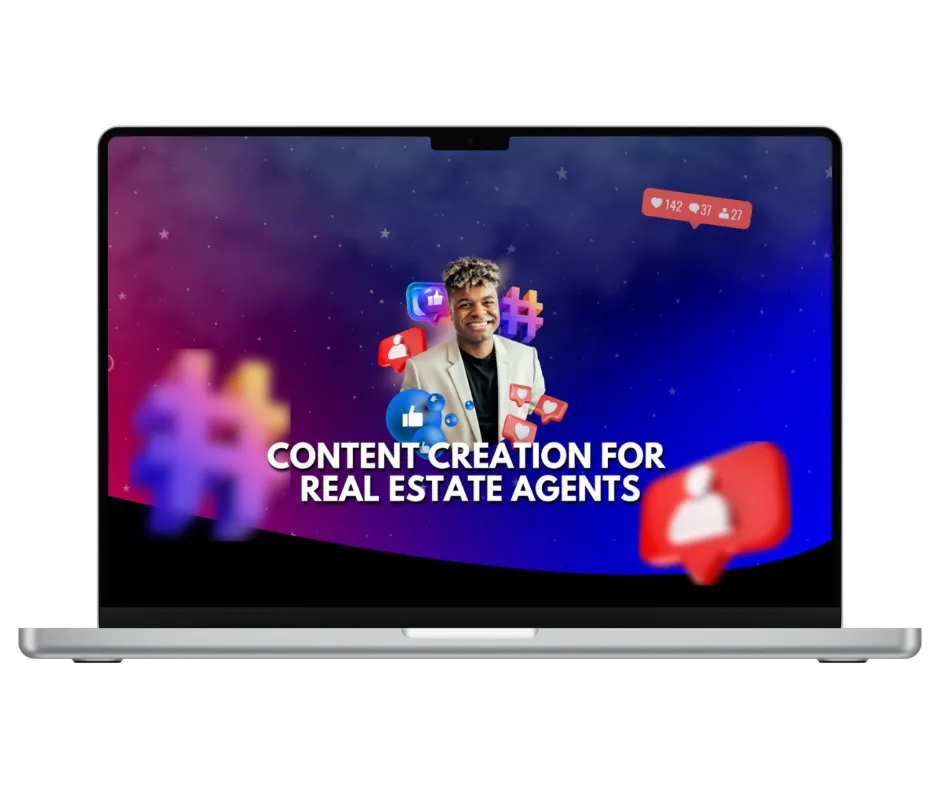
HOW TO GENERATE 20 LEADS IN 30 DAYS USING SOCIAL MEDIA
FREE TRAINING

UNIVERSITY MEMBERSHIP
Access. Community. Training
Surround Yourself With Like-Minds

INFLUENCER COURSE & TRAINING
Social Media. Value. Leads
Capture More Market Share

LEVEL UP COACHING
Leads. Process. Closings
Get Higher Conversions

FUSION COACHING
Support. Opportunities. Revenue
Book High Quality Appointments
PODCAST

An Impactful Speaker
for Your Next Event
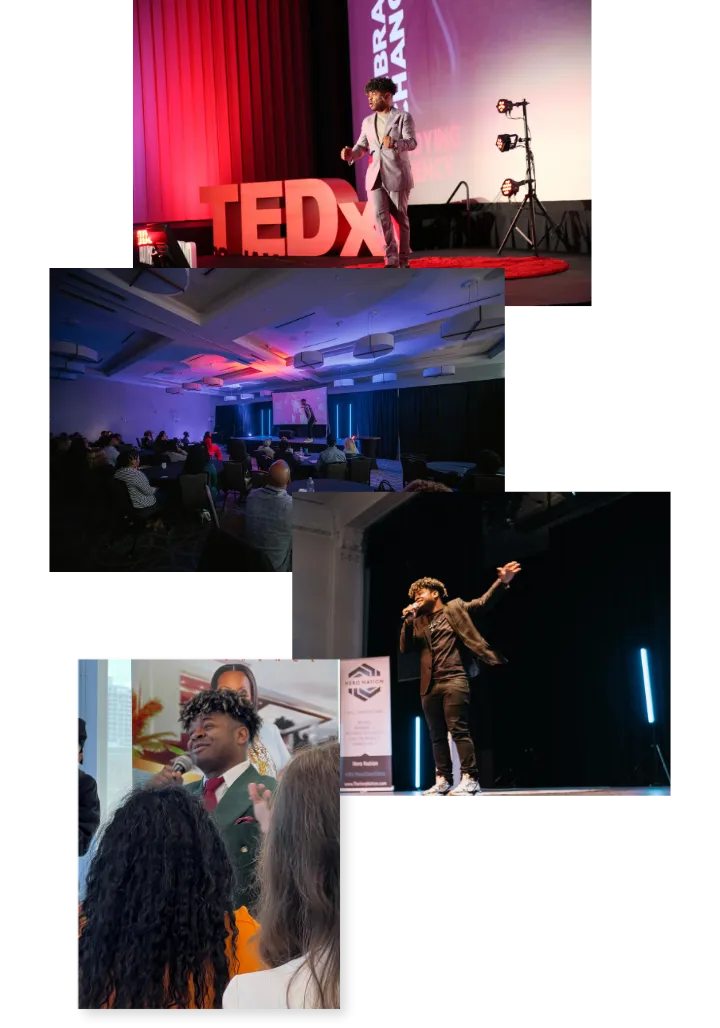
In search of a speaker who can ignite passion, share actionable insights, and draw from a wealth of real-world experiences? Enter Chastin J. Miles, a seasoned keynote speaker who has captivated audiences worldwide with his unique blend of knowledge and inspiration.
With years of experience on stages both big and small, Chastin has imparted wisdom on diverse topics ranging from entrepreneurship and motivation to real estate, financial literacy, and the transformative power of social media.
At the heart of every talk lies a deep-seated passion for empowering individuals to actualize their dreams and ambitions.
You WILL be guided
You WILL be held accountable
You WILL be transformed
I am NOT here to satisfy or please you...
Together we will DO more so we can become more
My Promise To You
You WILL be guided
You WILL be held accountable
You WILL be transformed
I am NOT here to satisfy or please you...
Together, we will do more so we can become more

BRANDS & PARTNERSHIPS


© 2024 Copyright Do The Most Enterprises, LLC
© 2024 Copyright. Do The Most Enterprises LLC. All Rights Reserved

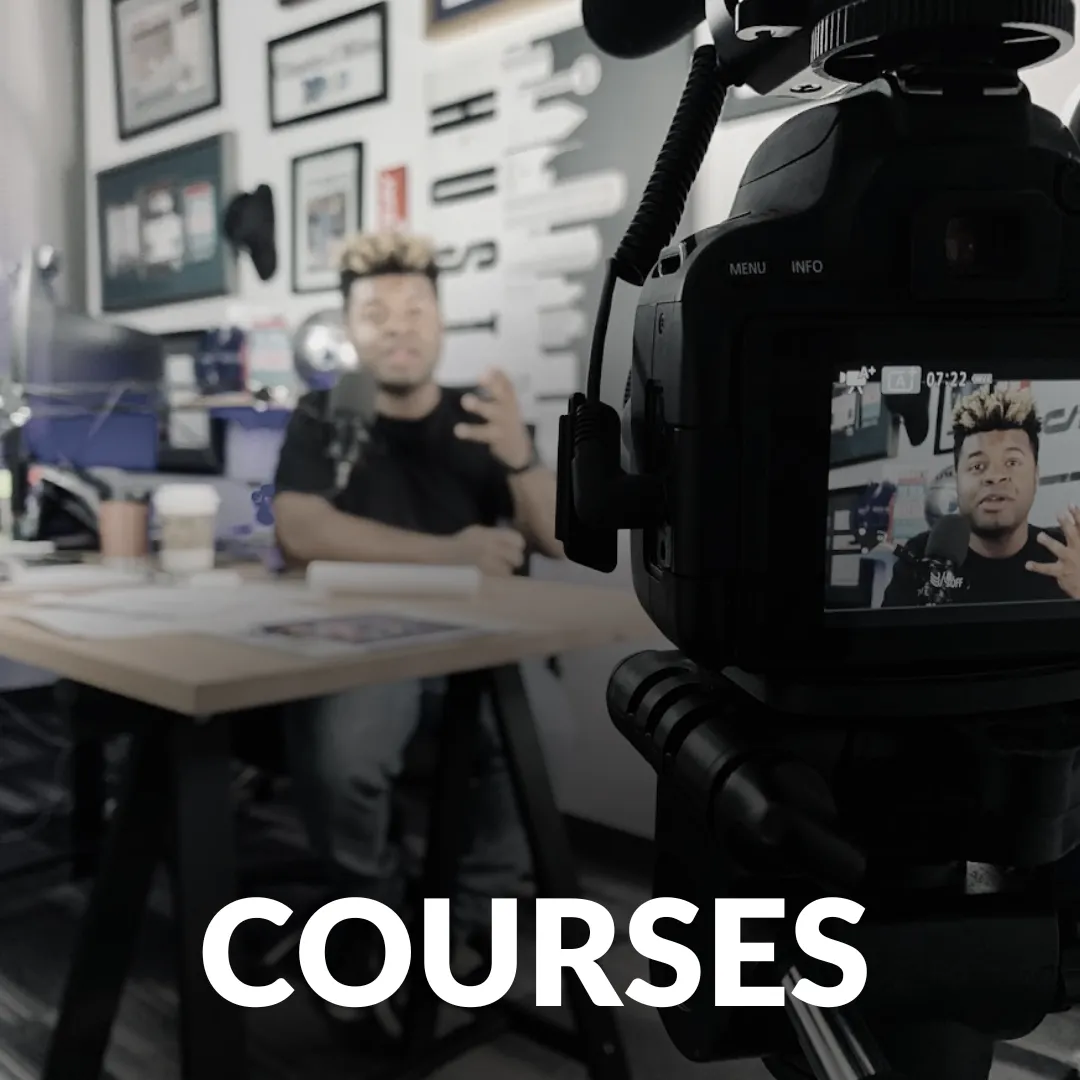
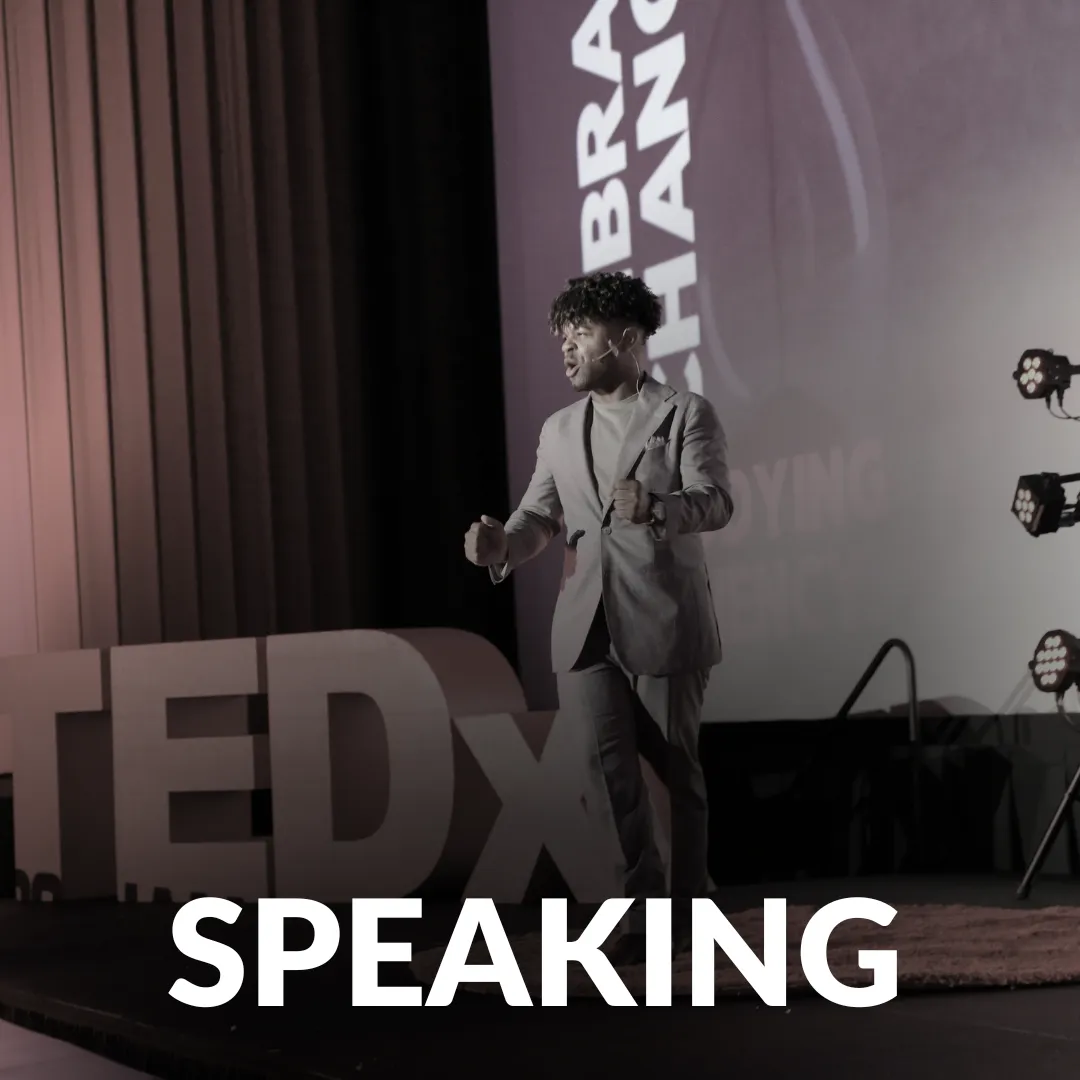
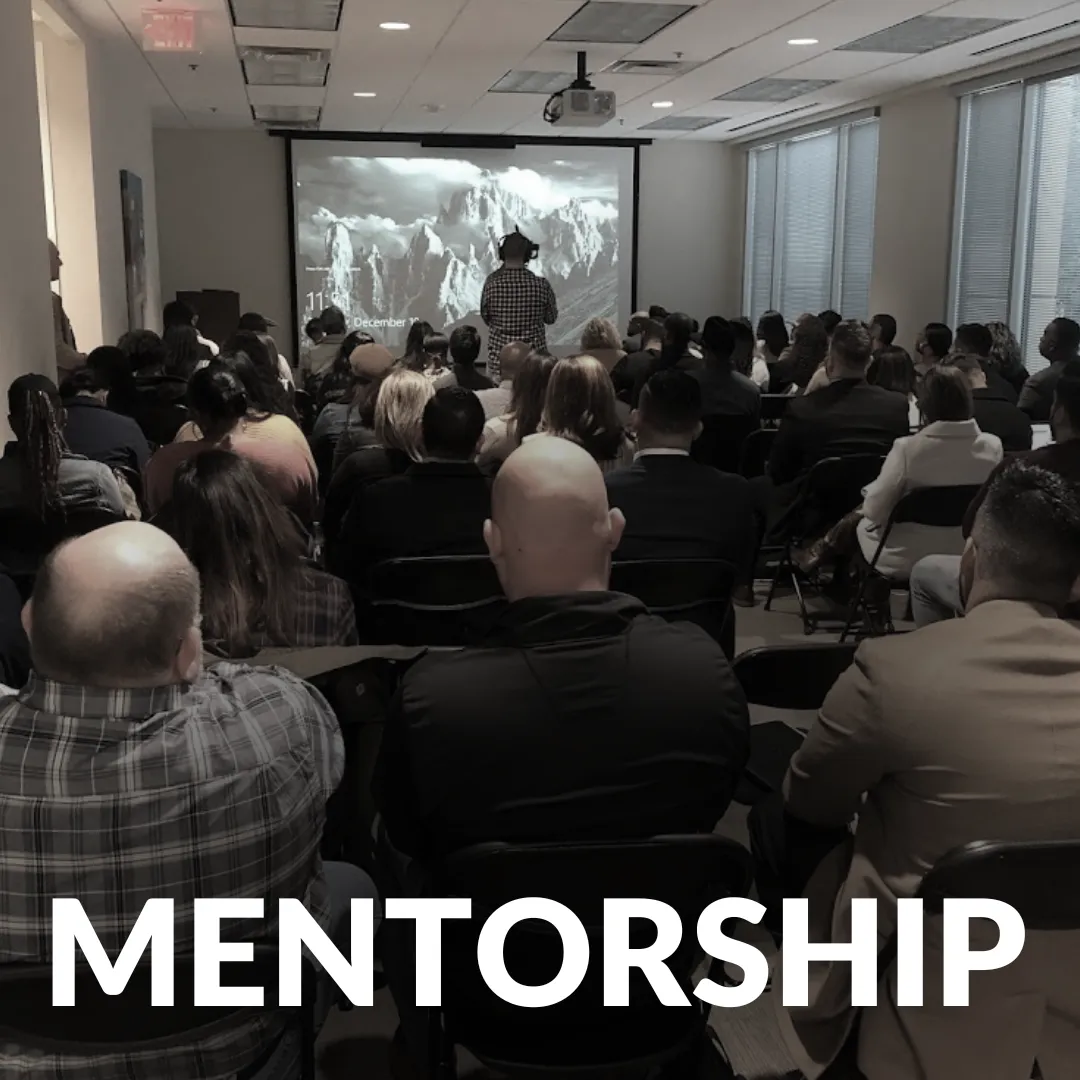

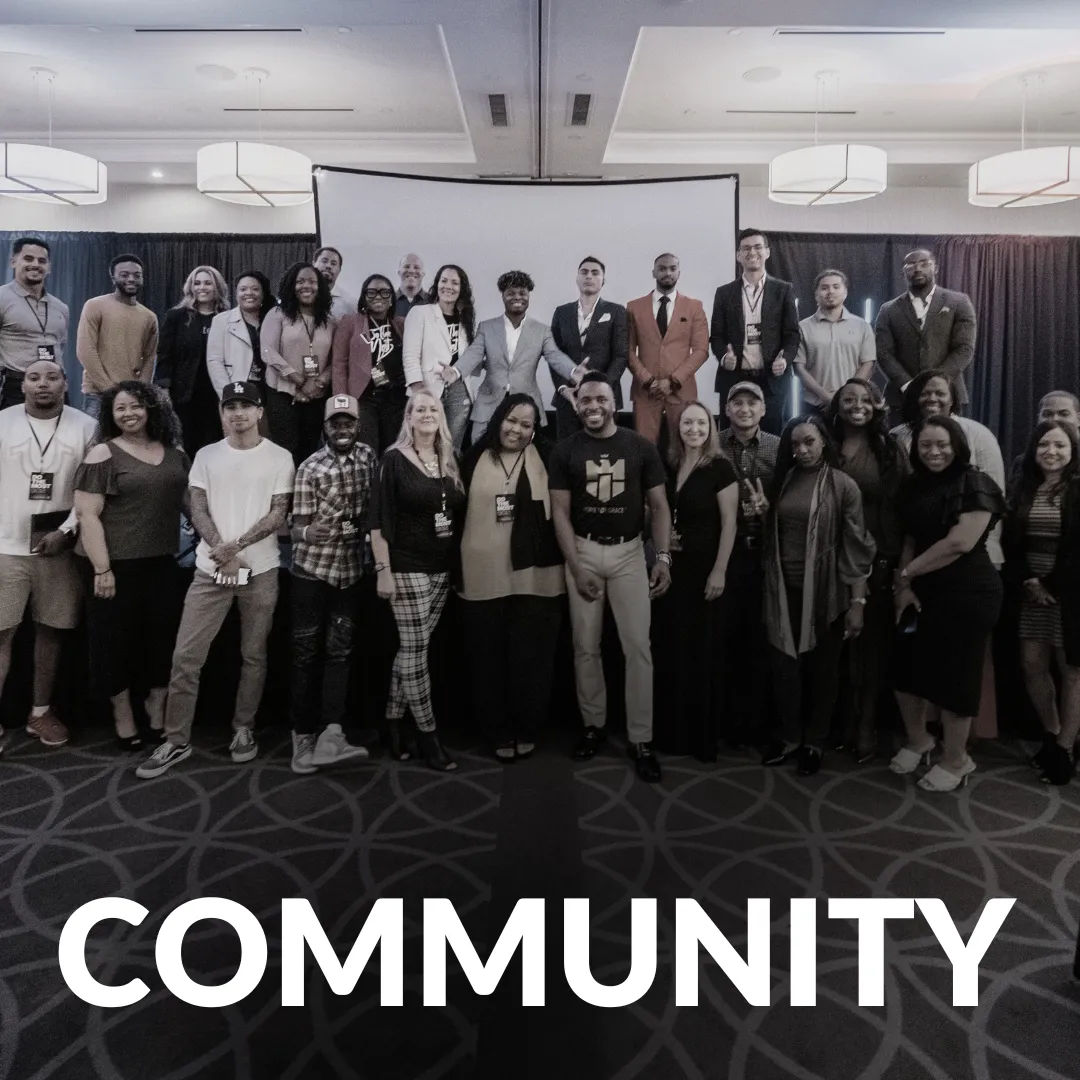

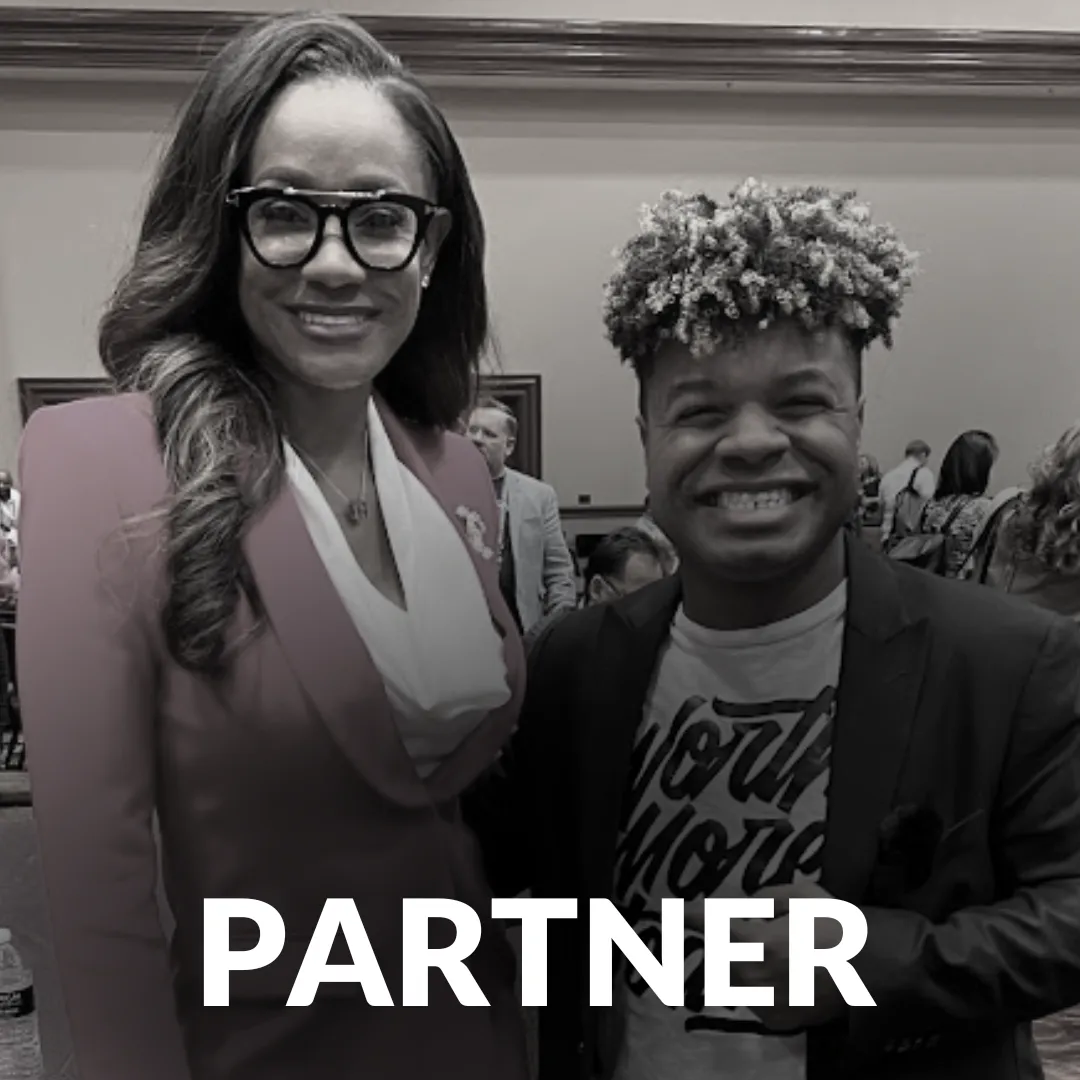
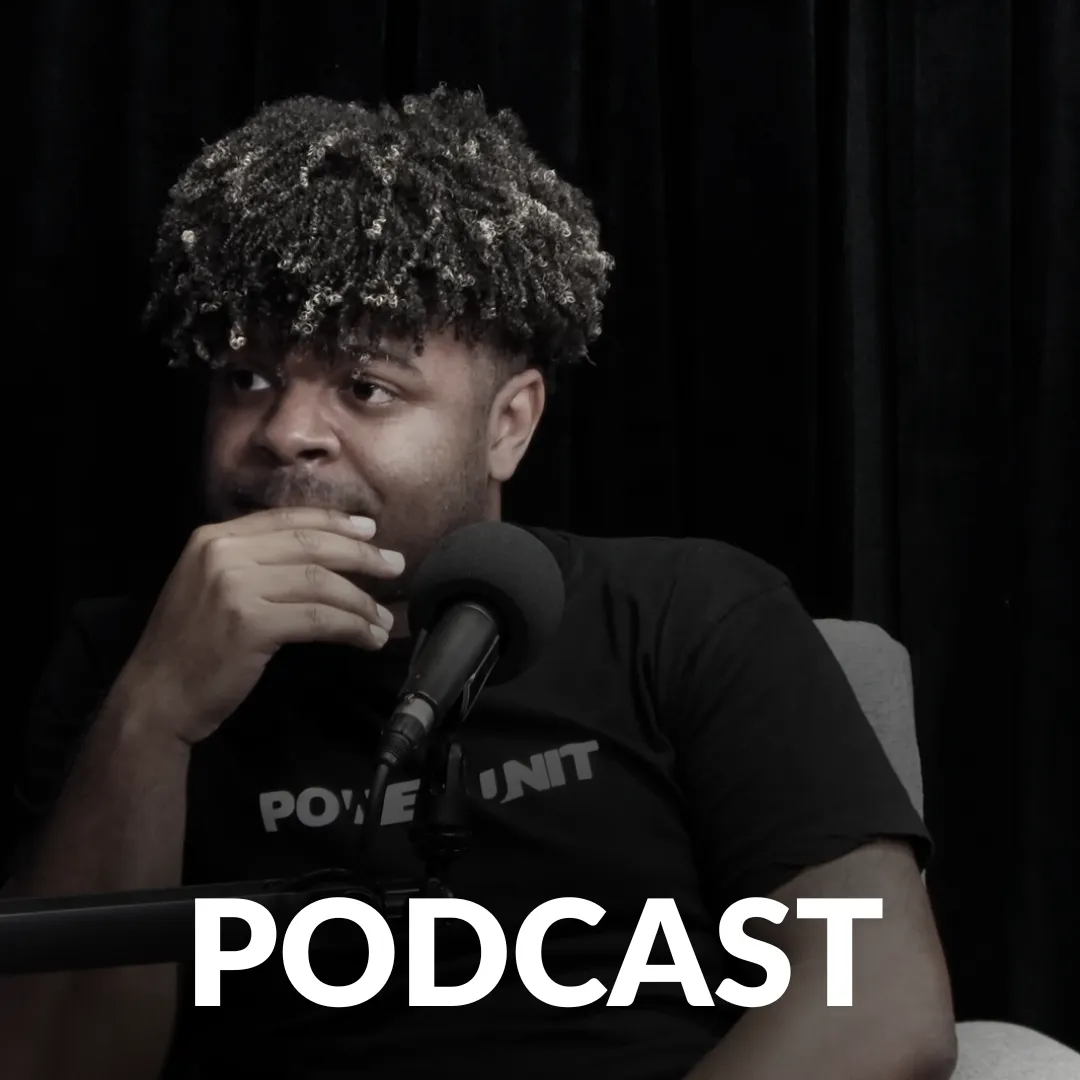
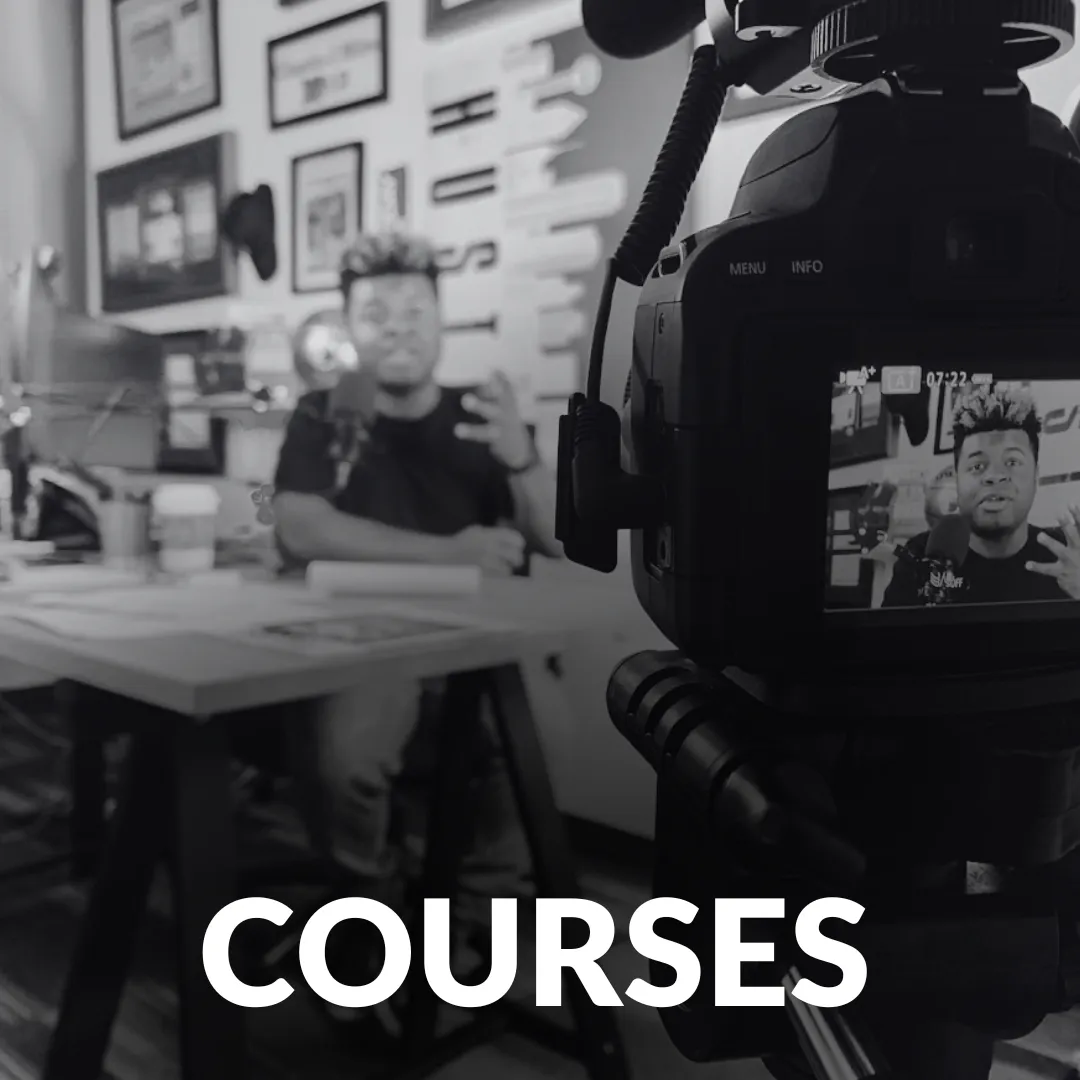
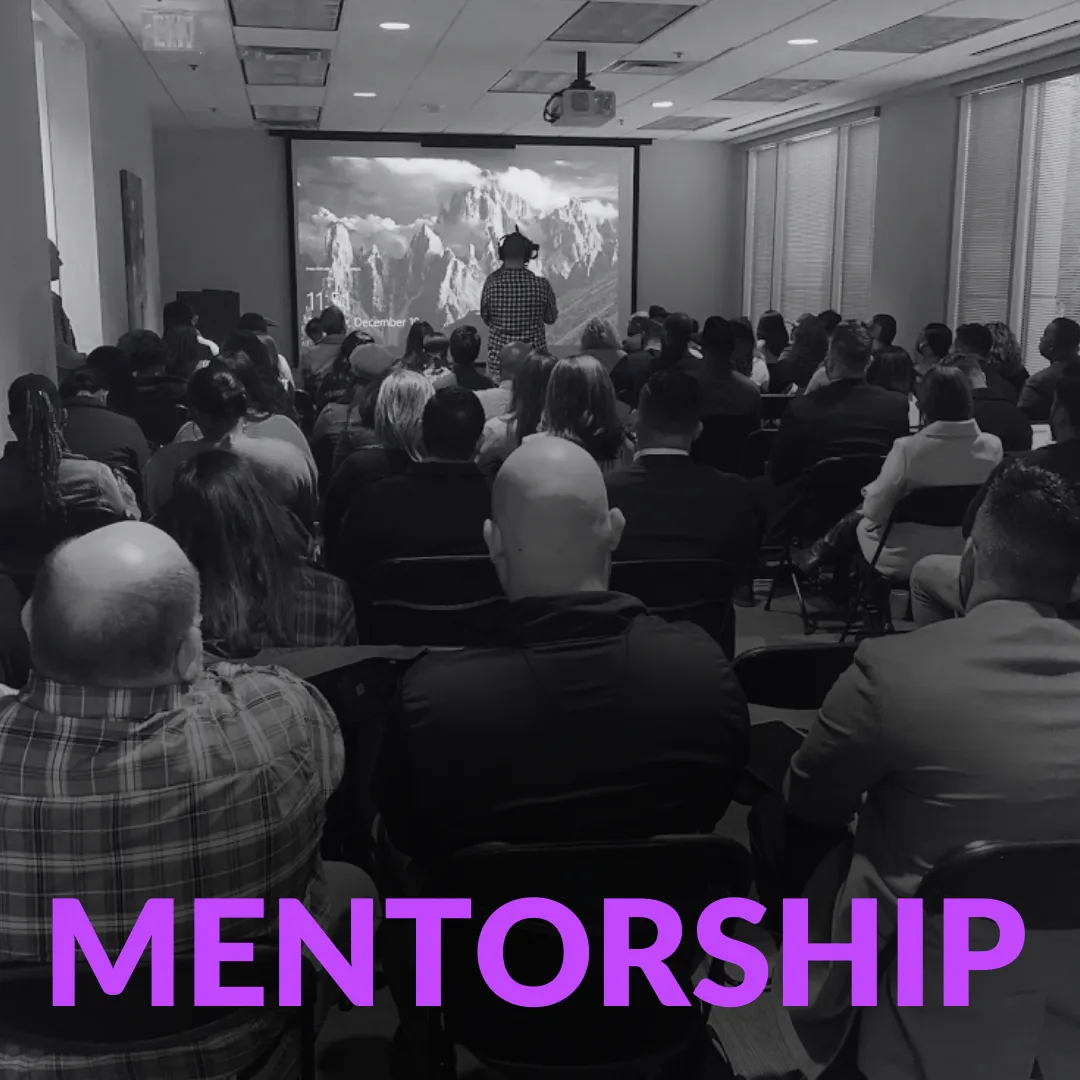
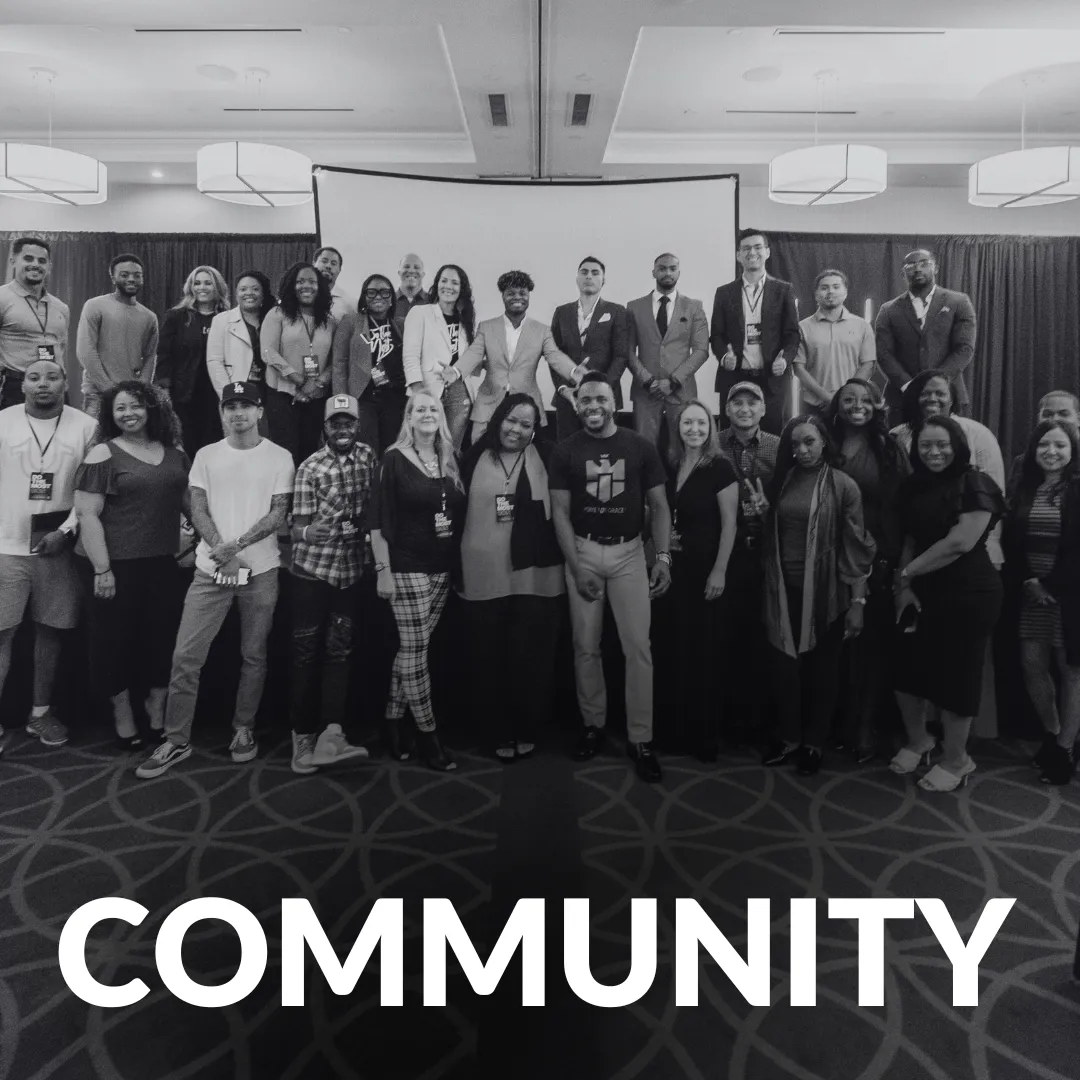
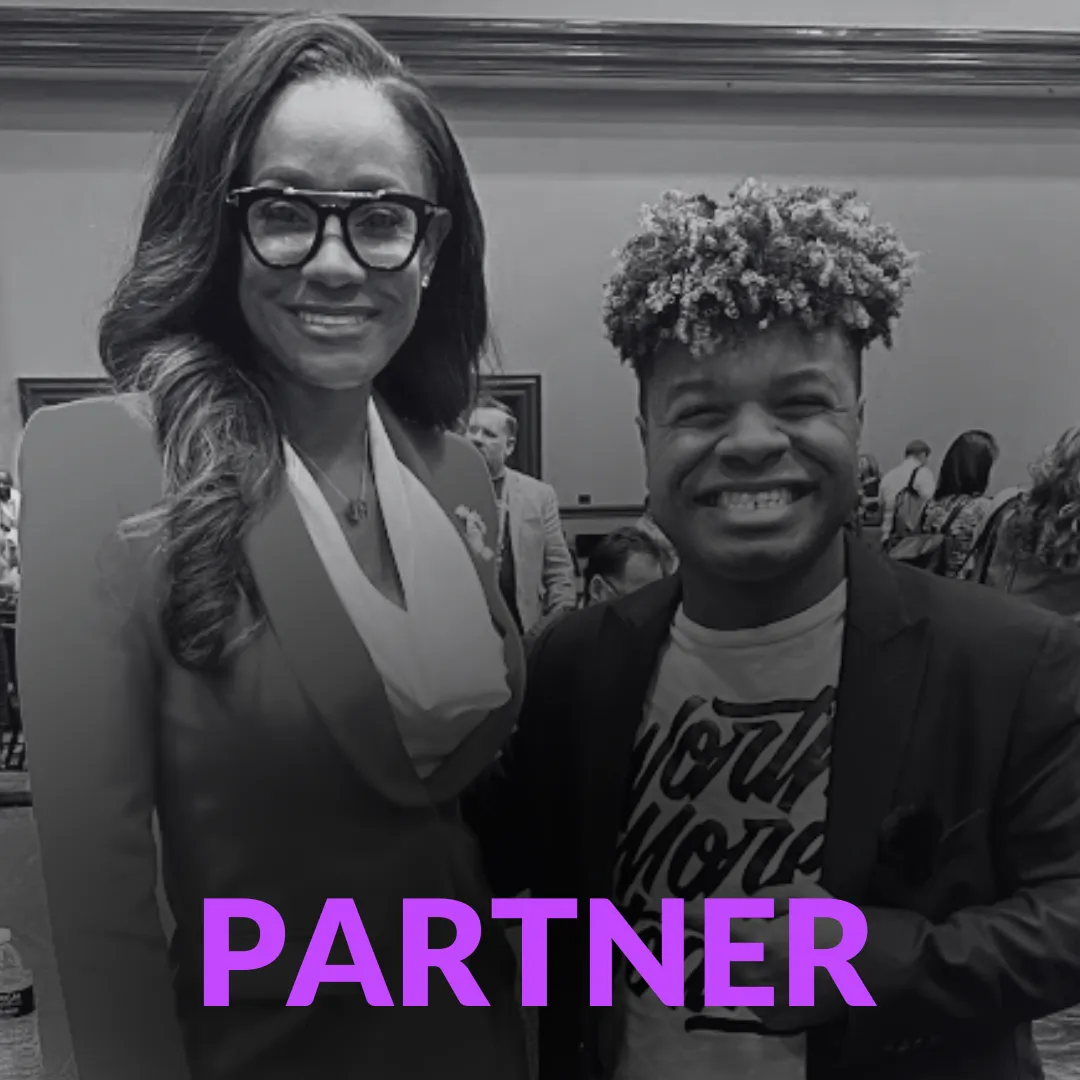
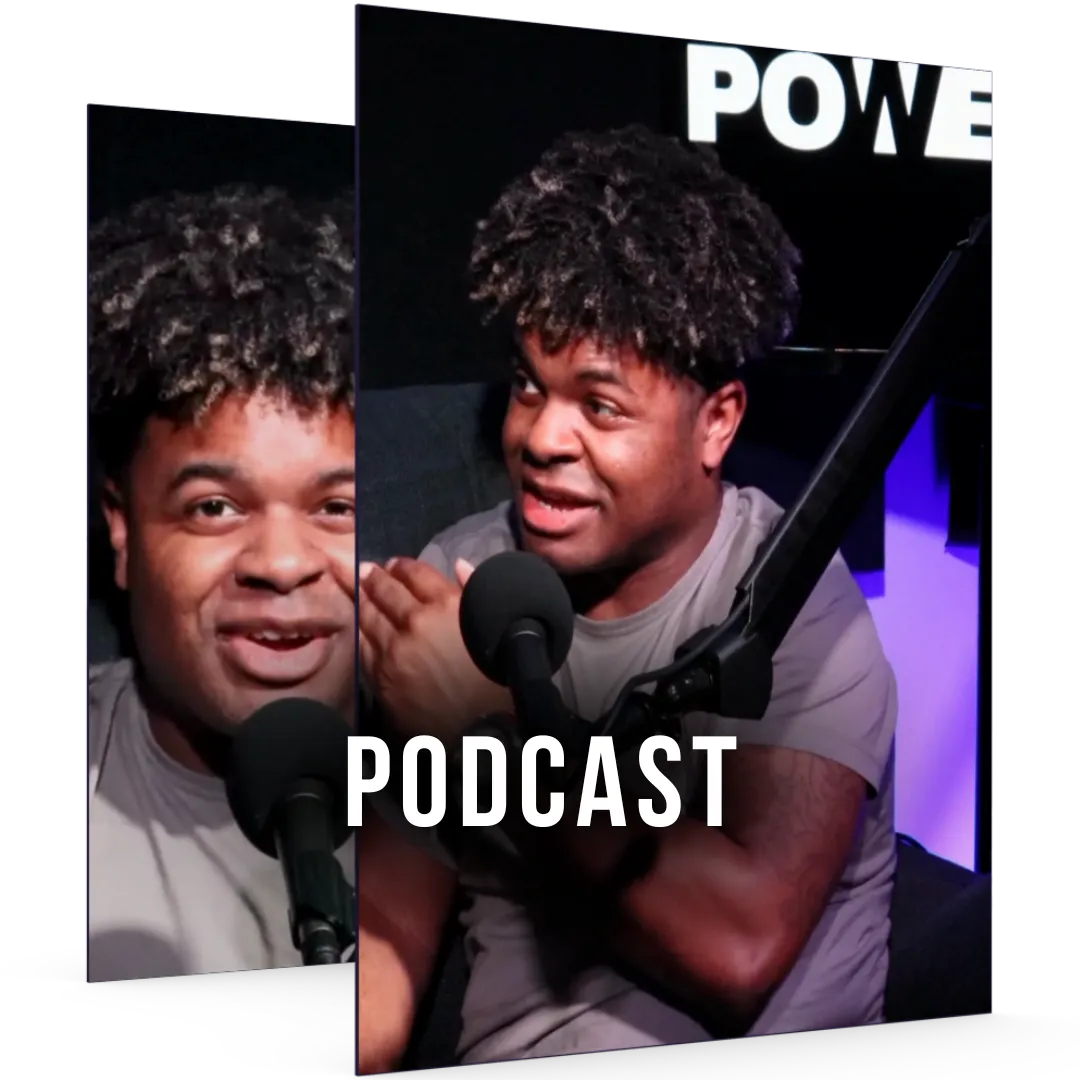
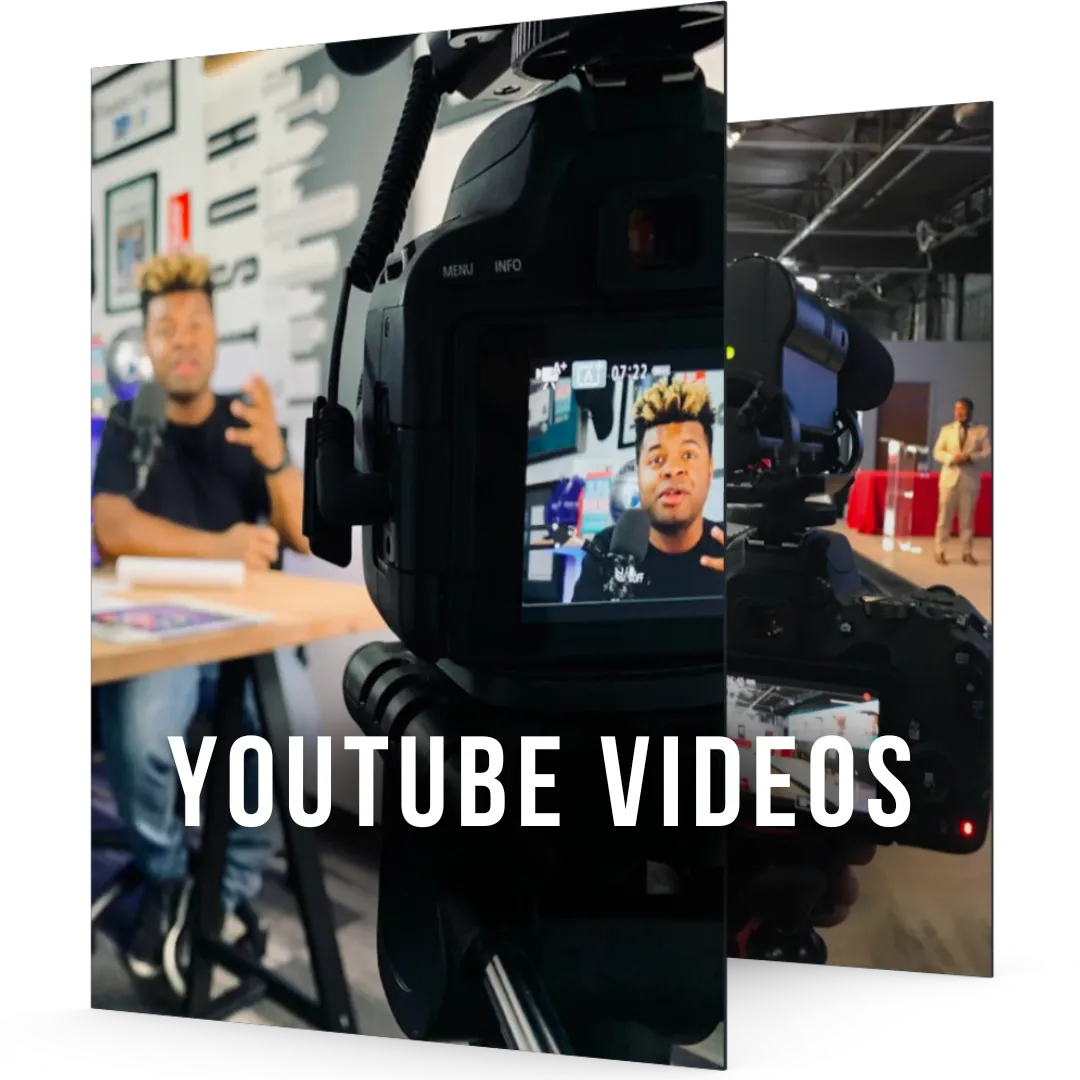
Facebook
Instagram
X
LinkedIn
Youtube
TikTok